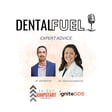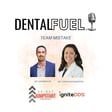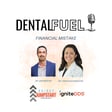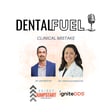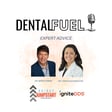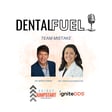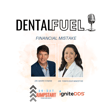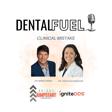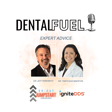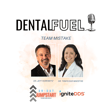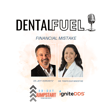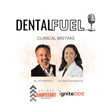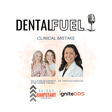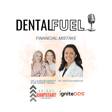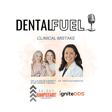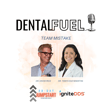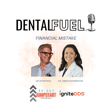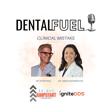
Dr. Steven Guelff: Clinical Mistake
This week, Dr. Tanya Sue Maestas chats with Dr. Guelff about his incredible journey from Michigan to Florida, swapping construction for a rewarding career in orthodontics. He shares the touching story of his late wife, Lori, and their mission to fight esophageal cancer through their foundation and living her cancer out loud .
Dr. Guelff highlights why getting scoped at 45 is a game-changer for staying alive. He also brings a dose of humor with some sage advice:
"Don't be the flat squirrel, okay? 🐿️ That means you don't want to get run over by the tire of the car and be that flat squirrel on the ground. You want to make a decision. And one way or another, it's either going to be good or bad."
From teamwork to top-notch communication skills, and making those proactive decisions in orthodontics, Dr. Guelff’s insights are invaluable.
Whether you're a seasoned dentist or just starting out, there's something here for everyone. Stay proactive about your health and keep striving for excellence!
About the Guest:
Dr. Steven Guelff is a seasoned dental professional with nearly three decades of experience in the field. Known for his profound expertise and dedication to patient care, Dr. Guelff has excelled in dental and orthodontic practices. His career is distinguished by continuous learning and mentoring, which has deeply impacted the dental community. He is recognized for his ability to foster strong relationships within the industry, contribute to professional development, and advocate for balanced personal and professional lives.
Key Takeaways:
- Play the Long Game: Success in dentistry requires a long-term perspective, constant learning, and enjoyment of the journey.
- Skill Improvement: Use practical strategies such as practicing new procedures during lunch breaks and seeking mentorship from peers.
- Relationship Building: Dentistry is fundamentally a people business, making relationships with patients, team members, and the community paramount.
- Work-Life Balance: Strive to balance personal life, relationships, spiritual growth, professional development, and physical health.
- Perseverance and Facing Fears: Overcoming challenges and fears head-on with grit and determination is essential for long-term success.
Connect with Ignitedds: @ignitedds
Connect with Tanya Sue Maestas: @tsmaestas.dds
Learn more about Well Received: wellreceived.com/ignitedds
